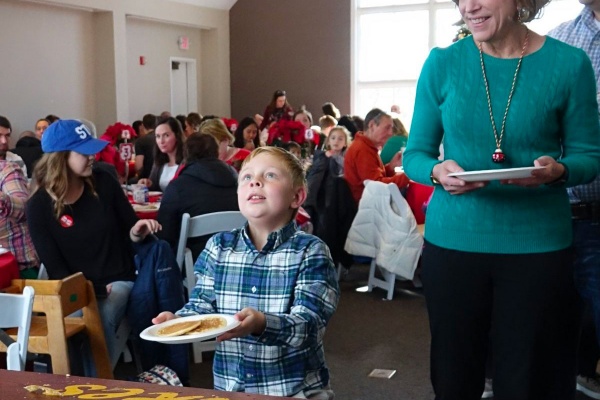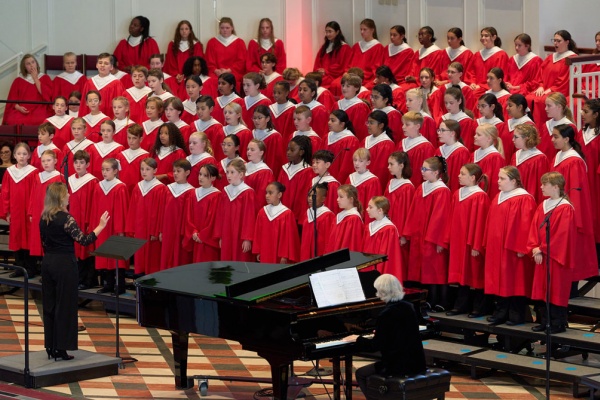

Hand-to-Hand Combat Against Childhood Obesity
This week in St. Louis, experts on nutrition and food will be talking about ways to make our region healthier. And I'm sure they'll be commenting on a striking new  study of childhood obesity, published in Pediatrics, that highlighted just how important a role parents' income, food savvy and cultural background play in their children's weight.
study of childhood obesity, published in Pediatrics, that highlighted just how important a role parents' income, food savvy and cultural background play in their children's weight.
According to this Associated Press article, the study looked at a dozen factors that contribute to overweight and obesity in children -- for example, the amount of sleep at ages 6 months to 2 years, whether the mom smoked while pregnant, whether the youngsters were allowed sugary drinks, how early they started solid foods -- and black and hispanic children were more at risk in nearly all of them. Many of the factors were directly related to the sort of family culture knowledge that's passed from generation to generation, and it illustrates how daunting a task Michelle Obama and company face. For education efforts to really sink in, someone will have to be directly contradicting a lot of grandmothers, mothers and aunts in some of the poorest, most marginalized neighborhoods in the country.
Which brings us to the local conference, the St. Louis Regional Food Summit on Wednesday and Thursday, March 3 and 4. Its organizers and speakers are some of the most visible proponents of healthy diet and sustainable food systems in the area, including Saint Louis University's Department of Nutrition and Dietetics and Healthy Youth Partnerships, a nonprofit that targets childhood obesity. These civic leaders are already speaking out in schools and the community at large about how important it is to eat healthy foods. The network of collaborators is extensive -- HYP, for example, has more than 70 organizations in its coalition -- and many of them are working at the grassroots level, with small groups of kids and young adults.
And that's how this battle against obesity will have to be fought. Someone will have to go door to door, engaging in hand-to-hand combat, if you will. Not to tell families that they're doing things wrong, but to educate them in the options for getting their kids healthier, given limited resources, unsafe neighborhoods, a lack of grocery stores and all the other challenges they face.
Unfortunately, this is not a new message. This 2005 article from the Web site MinorityNurse.com provides hard-hitting statistics (and just think -- they're from five years ago, when things were actually better than they are now!) and real-life solutions that school nurses, among others, can use in working with families.
By Amy De La Hunt, Health Blogger for SmartParenting

Amy De La Hunt is a journalist and editor who lives in the St. Louis metro area and works across the country as a writer, copy editor, project manager and editorial consultant on everything from fiction books to monthly magazines to blog posts. When she's not chauffeuring her teenage sons to activities, Amy is an enthusiastic amateur cook, landscaper, Latin dancer and traveler. Follow Amy on Instagram @amy_in_words





















